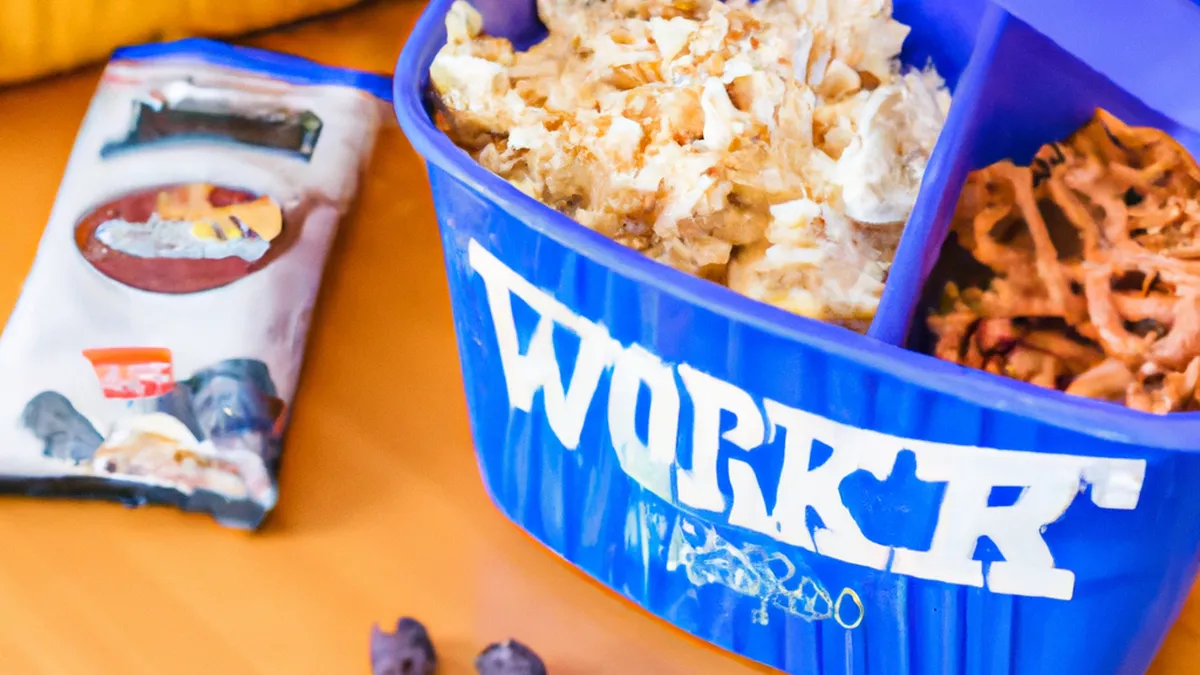Post-Workout Snacks: When to Eat
Nutritional Timing for Recovery: Maximizing Your Athletic PotentialAthletes and fitness enthusiasts know that peak performance involves more than just training. Recovery plays a critical role, and nutrition significantly impacts how well the body rebounds after workouts. Nutritional timing involves consuming nutrients at specific times to optimize recovery and enhance performance. This post explores nutritional timing principles, implementation, and benefits for recovery.
Understanding Nutritional Timing
Nutritional timing focuses on the body’s varying nutritional needs during recovery. After exercise, the body enters a phase primed to absorb nutrients, especially carbohydrates and proteins. This phase lasts about 30 to 60 minutes post-workout when muscles best replenish glycogen stores and repair tissue.Proper nutrient timing accelerates recovery, reduces soreness, and prepares the body for future training. By consuming the right foods at the right times, athletes can recover effectively and set themselves up for success.
Tips for Effective Nutritional Timing
As an Amazon Associate I earn from qualifying purchases.
Gear tip: consider compression sleeves, compression socks, and percussive massager to support this topic.
1. Prioritize the Post-Workout Window
The post-workout period is crucial for recovery. After intense exercise, muscles deplete glycogen stores and experience micro-tears. Focus on a balanced meal or snack with protein and carbohydrates within the first 30 to 60 minutes after your workout.For example, a whey protein shake with a banana or a turkey sandwich on whole-grain bread provides essential nutrients to kickstart recovery. Aim for a carbohydrate-to-protein ratio of about 3:1 or 4:1 to replenish glycogen and stimulate muscle protein synthesis.
2. Stay Hydrated
Hydration is essential for recovery but often overlooked. You lose fluids through sweat during exercise. Failing to rehydrate can decrease performance and delay recovery. Drink water or electrolyte-rich beverages immediately after your workout to restore fluid balance.Consider beverages with electrolytes, especially after prolonged or vigorous exercise. Electrolytes help maintain fluid balance and support muscle function, which is vital for optimal recovery.
3. Strategically Plan Your Meals
Meal timing significantly impacts recovery. Align your meal schedule with training sessions to fuel your body appropriately. If you work out in the morning, have a nutritious breakfast afterward. For evening workouts, a balanced dinner can aid recovery.Incorporate whole foods rich in nutrients. A meal with lean protein (such as chicken, fish, or legumes) and complex carbohydrates (like quinoa, brown rice, or sweet potatoes) supports recovery.
Conclusion
In summary, nutritional timing plays a vital role in recovery. Prioritize post-workout nutrition, stay hydrated, and plan meals strategically for optimal results.
Below are related products based on this post:
FAQ
What is nutritional timing?
Nutritional timing refers to the practice of consuming nutrients at specific times to optimize recovery and enhance athletic performance. It focuses on the body’s varying nutritional needs, particularly during the recovery phase after exercise when nutrient absorption is heightened.
Why is the post-workout window important?
The post-workout window is crucial for recovery because it is when muscles are primed to replenish glycogen stores and repair tissue. Consuming a balanced meal or snack containing protein and carbohydrates within 30 to 60 minutes after exercise can accelerate recovery and reduce soreness.
How can hydration affect recovery?
Hydration plays a significant role in recovery, as losing fluids through sweat can decrease performance and delay the recovery process. Drinking water or electrolyte-rich beverages immediately after workouts helps restore fluid balance, which is vital for optimal recovery and muscle function.















Post Comment